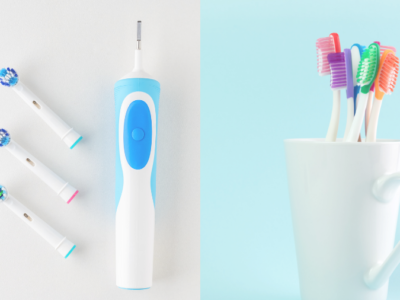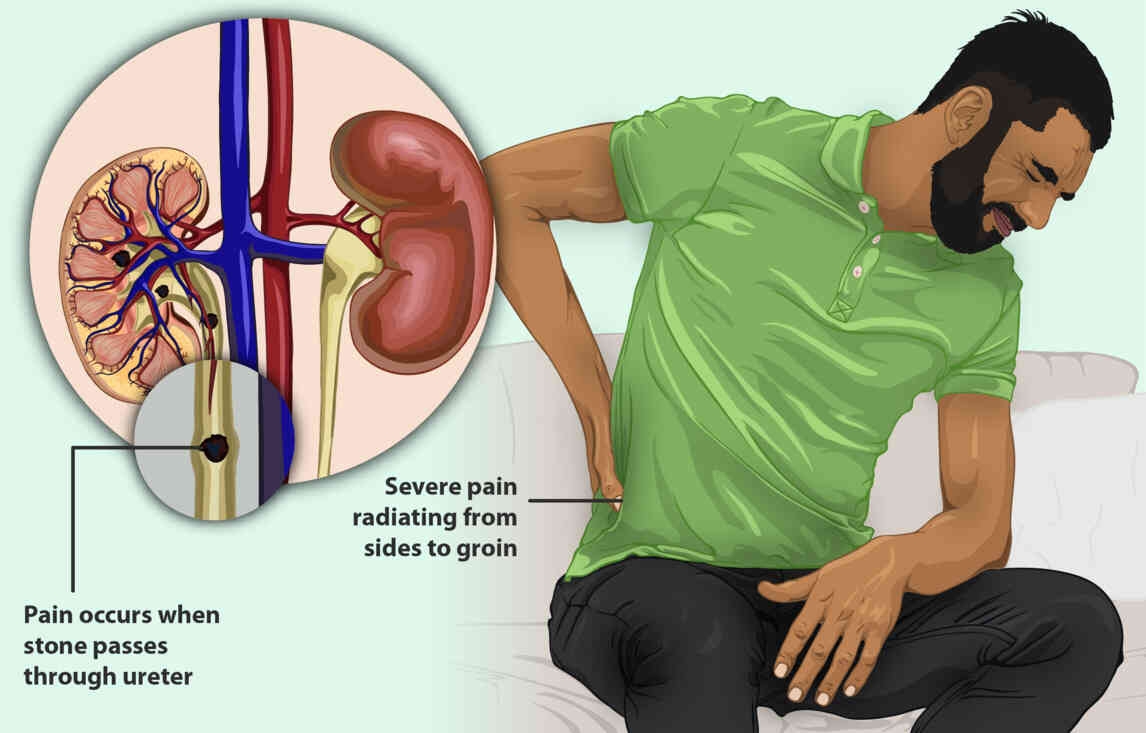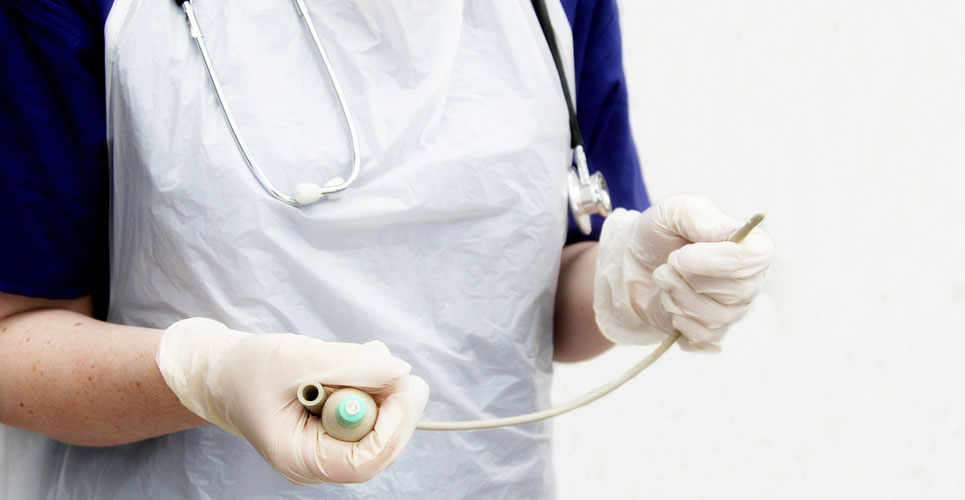
One of the major aspects of vaginal health is the body maintaining adequate lubrication of the vaginal walls. The hormone estrogen is responsible for maintaining the mucous membrane in the vagina, thus preserving its elasticity, thickness of lining and also its ability as a self-cleaning organ. A combination of this mucous membrane together with a complex mix of bacteria known as the vaginal flora, keeps the vagina safe and hygienic through secretions.
Due to changes in hormone regulation, owing to age, health condition and other factors, this delicate balance often gets disturbed. This leads to vaginal dryness, a condition often associated with poor sex lives on account of increased friction during intercourse. Although it seems like a minor irritation, vaginal dryness can also make women more susceptible to infections like recurring urinary tract infections (UTIs) and yeast infections.
If you suspect suffering from vaginal dryness, know that the condition is treatable through various options. All you need is to contact the best gynaecologist in Delhi, to get to the root of the problem and understand your treatment path.
Causes of Vaginal Dryness
Changes in hormone levels cause the vaginal walls to become thinner. That means fewer cells to secrete moisture.
One of the major causes of drop in estrogen levels is menopause. Menopause is the natural decline in reproductive hormones in women between the age of 40s and 50s, leading to subsequent end of menstruation. Among the many symptoms of menopause, vaginal dryness is a common one. But, often younger women experience vaginal dryness too. This can be due to:
- Anti-estrogen medications to treat symptoms of endometriosis or uterine fibroids
- Childbirth and breast-feeding
- Excessive stress
- Smoking
- Immune system disorders like Sjögren
- Depression and anxiety
- Cancer treatments like radiation and chemotherapy
- Surgical removal of ovaries to treat specific conditions
- Use of certain anti-depressants, allergy or cold medications
- Vaginal douching
- Vaginal infections
Irrespective of the cause, vaginal dryness can be extremely uncomfortable for women. It can cause itching, burning and also invite further complications. If the symptoms don’t go away within a few days, it’s time to search for the best gynaecologist in Delhi. Untreated dryness can cause cracking and sores in the vaginal tissues.
Diagnosis and Treatment for Vaginal Dryness
When you visit a gynaecologist, you will go through a complete pelvic exam, where the doctor will examine your vaginal walls for lacerations, bumps or thinning skin. Additional tests like pap-smear can be done to remove and test the cells of your vaginal wall and cervix, to rule out infections or cancerous cells.
If you have been indulging in practises like douching or taking medications that is altering your vaginal flora, you may be asked to stop them. Sometimes, scented soaps and lotions can also cause worsen symptoms of vaginal dryness.
The most common treatment to treat menopause related vaginal dryness is use of topical estrogen creams to moisturize the vaginal walls. These are available in form of suppositories too. In some cases, oral hormone therapy can be suggested.
This will depend on your health history too. For example, hormone replacement therapy is usually not recommended for patients with a history of breast cancer. In 2002, the Women’s Health Initiative (WHI) released a report saying that hormone usage in long term can increase the risk of breast cancer and cardiovascular disease, according to an article on The Washington Post. Alternatively, the doctor can insert a soft and flexible ring in the vagina, where a steady stream of estrogen can be released directly into the tissues.
Be sure to get in touch with your doctor before choosing any treatment for vaginal dryness. This will allow you to know about the risks and benefits of the treatment.






